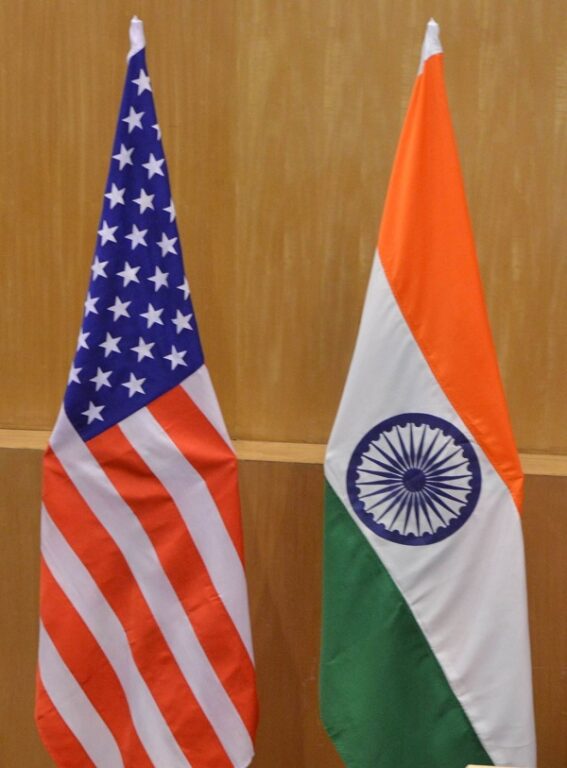(Asian independent) India and the United States need to settle on a name for their relationship. Are they partners, strategic partners? Allies — critical allies, natural allies? Good friends, best friends? Or, yes, brothers?
Over the years, leaders from both countries tried to give the relationship a name. Unfortunately, none of them stuck, not long enough at least to take root.
President Joe Biden had called the two countries “indispensable partners” in a message celebrating the 75th anniversary of India’s Independence.
“India and the United States are indispensable partners, and the US-India Strategic Partnership is grounded in our shared commitment to the rule of law and the promotion of human freedom and dignity,” he said.
Mr Biden, welcome to the gang, a growing gang.
The name-game’s recent origin can be traced to Prime Minister Atal Bihari Vajpayee’s visit to the United States as Prime Minister. “India and the United States are natural allies in the quest for a better future for the world in the 21st century,” he said in a speech at Asia Society in New York in September 1998.
“Natural allies” was a dramatic characterization of ties between the two countries just a few months after the Vajpayee government conducted nuclear tests, which were followed by me-too tests by Pakistan and retaliatory sanctions by the then administration of US President Bill Clinton.
“Natural allies” struck a chord with friends of the relationship on both sides. President Clinton, for one.
“As Prime Minister Vajpayee has said, India and America are natural allies, two nations conceived in liberty, each finding strength in its diversity, each seeing in the other a reflection of its own aspiration fora more humane and just world,” Clinton said in an address to a joint session of Indian parliament during a visit in May 2000.
Former US President George Bush stayed with the “natural” part of this formulation but swapped out the rest. “India in the 21st century is a natural partner of the United States because we are brothers in the cause of human liberty,” he said in a speech at Purana Qila in New Delhi in March 2006.
Okay, so India and the United States are “natural partners (not allies as proposed by Vajpayee and endorsed by Clinton), and he drew the two countries even closer, calling them “brothers”. But that was probably the last time any leader in either country got as far as to characterize the ties in familial terms.
President Barack Obama went in for a complete overhaul. “The relationship between our two countries has never been stronger — a reminder that it will be one of the defining partnerships of the 21st century,” Obama said, as he received Prime Minister Manmohan Singh as his administration’s first state guest in November 2009.
The phrase — “one of the defining partnerships of the 21st century” — found instant traction bilaterally, and has been used countless times since.
President Donald Trump did not wait to get the White House to try his own name. He promised while campaigning that India will have a “best friend” in the US on his watch as President.
Trump’s Secretary of State Mike Pompeo came up with a scrambled version of everything on the shelf — “natural strategic partners”. And Trump’s daughter Ivanka Trump, who served in the White House as an adviser to the president, jumped right to the top. She called India a “critical ally” in a video commentary on her father’s meeting with Prime Minister Narendra Modi at the Osaka G-20. She got trolled for it.
India and the United States were never and are not allies, neither treaty allies, nor non-treaty allies. But Ivanka Trump was not the first to use that phrase. Senators John Cornyn and Mark Warner, the Republican and Democratic co-chairs of the India Caucus, had used the phrase 2015, in a joint letter to then Defense Secretary Ashton Carter, urging him to “place a special emphasis on India as a critical ally”.
It’s time for the relationship to get a name, any name.
Or, is it best to leave the relationship unnamed, undefined? Something like the Faceless Men of the TV show Game of Thrones, allowing the ties to take any name, shape or form to suit the situation, the context?








